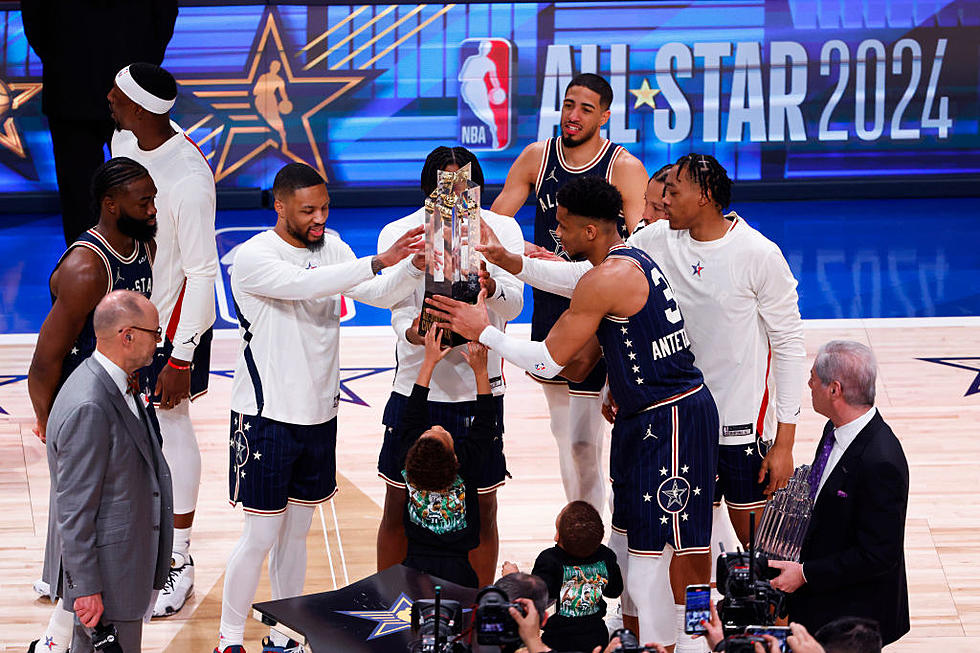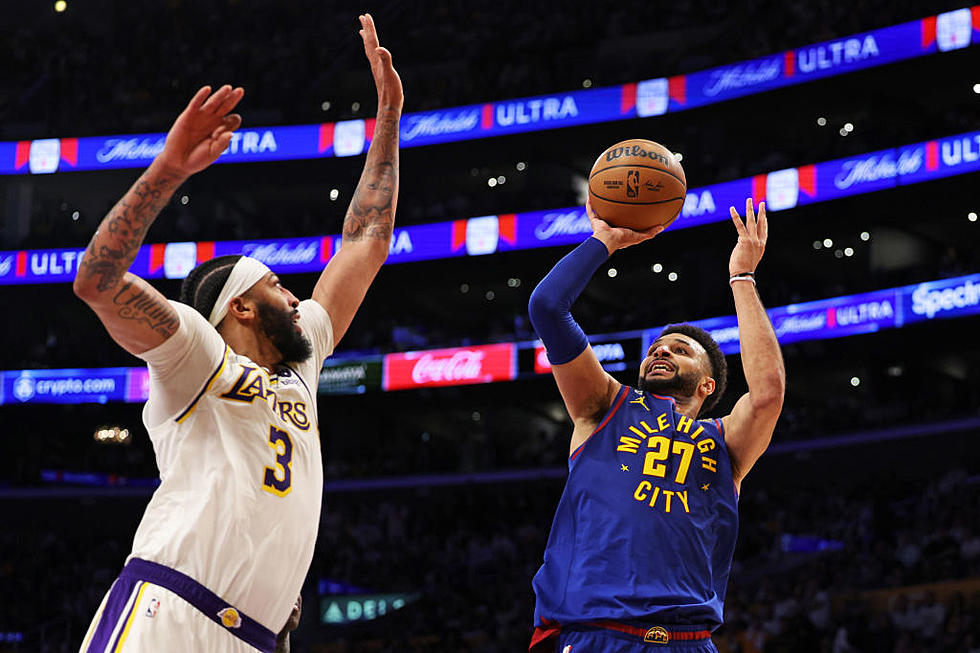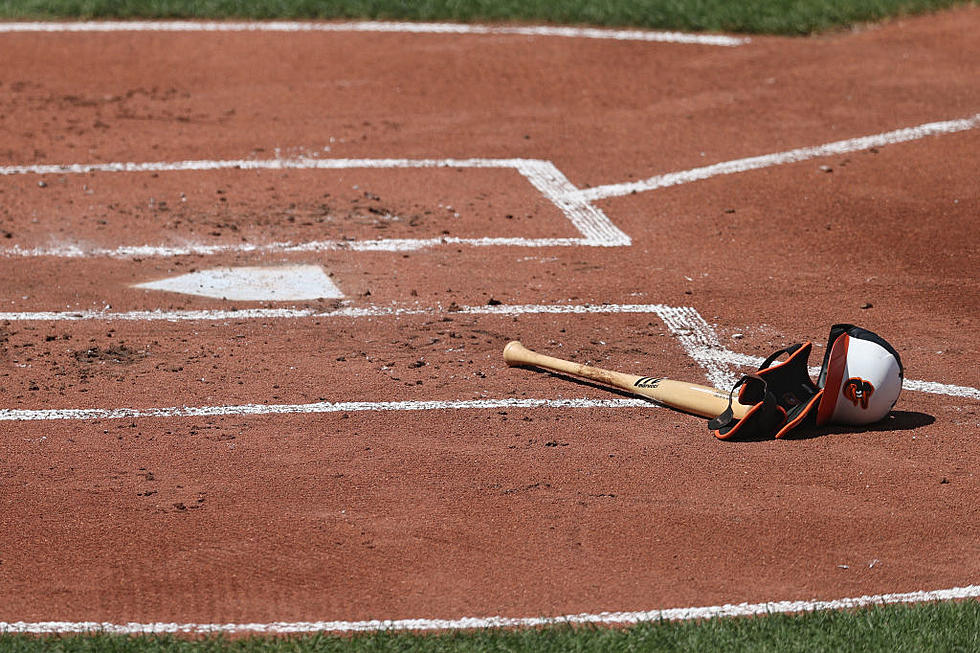
Silver: NBA ‘Can Do a Better Job’ on Free Agency, Rules
LAS VEGAS (AP) — The NBA knows its rules about when teams can negotiate with free agents are not being followed.
So expect changes on that front for 2020.
The NBA's board of governors discussed ways Tuesday to fix that process — either by changing rules, adding rules or potentially eliminating some rules that may be outdated — and decided that it'll all be worked on over the next several months in an effort to ensure fairness across the league.
"The one strong conviction I have is that we should not have rules that are not strictly enforced," NBA Commissioner Adam Silver said. "And we know that's the case right now. And whether that's by virtue of practice, whether it's because just the world around us has changed, whether it's because players have power that they didn't use to have ... let's step back, let's reset, let's talk to our players' association about what system makes sense going forward."
This year's free-agent negotiating period was to begin on June 30 at 6 p.m. Eastern. But it was known within the first few minutes of that period that several deals had already been agreed upon — and in a few cases, deals were apparently struck even before the negotiating window opened.
There's always been an understanding that some players are talking to other players about teaming up, which is legal. And there's also been the same sort of understanding that teams will talk to their own free agents to strike deals before negotiations are technically supposed to begin.
This year, the rules simply seemed to be ignored.
"It's pointless, at the end of the day, to have rules that we can't enforce," Silver said.
Kevin Durant's decision to join the Brooklyn Nets was one of the major pieces of free-agent news this summer. The Nets said Tuesday that when word leaked before 6 p.m. on June 30 that Durant had made his decision and would announce it on social media, they were concerned — since they had not spoken with him yet.
"We weren't even sure we were getting a meeting that night," Nets general manager Sean Marks said.
Durant eventually came in that night and spoke with the Nets, but after he made the announcement that he would be signing a max contract — four years, $141 million — with the team.
Teams couldn't sign players until the offseason moratorium ended, which this year meant Saturday. Some deals that are known to be happening still aren't completed, meaning teams still have not had the chance to celebrate certain signings or acquisitions. And by now, in some cases, the buzz surrounding those still-unannounced moves is largely gone.
"We have work to do," Silver said.
When the Paul George trade and Kawhi Leonard signing — both players are headed to the Los Angeles Clippers — get finalized, it'll mean five of the 10 All-Star starters from last season will have changed teams this summer. Durant went from Golden State to Brooklyn, Kyrie Irving went from Boston to Brooklyn, Kemba Walker went from Charlotte to Boston, George is leaving Oklahoma City and Leonard is leaving Toronto.
Seeing big names on the move is nothing new in the NBA, of course. Of the 25 players who were on the 2017 All-Star rosters, 17 have changed teams since and seven of them have switched jerseys at least twice.
"Players want to know that they're in a fair system as well, where they have the opportunity to compete," Silver said. "You want to know that the rules are known, and that they're being enforced. Again, I think we have some work to do there when it comes to free agency. There's always been stuff around the edges that have gone on. It may have moved to a new level."
In other matters Tuesday:
— As expected, the NBA is giving coaches the right to challenge one call per game next season. They may challenge a personal foul charged to their team, a called out-of-bounds violation, a goaltending violation or a basket-interference violation. The league told teams last month that the challenge will be in place on a one-year trial basis pending approval from the board of governors, which has now happened.
— Instant replay can now be triggered by game officials working in the review center in Secaucus, New Jersey, without the involvement of the on-court refereeing crew. The replay center will have the authority to review whether a shot was a 2-pointer or 3-pointer whether or not refs in an arena ask for such a shot to be checked, plus potential shot-clock violations.
More From 1460 ESPN









